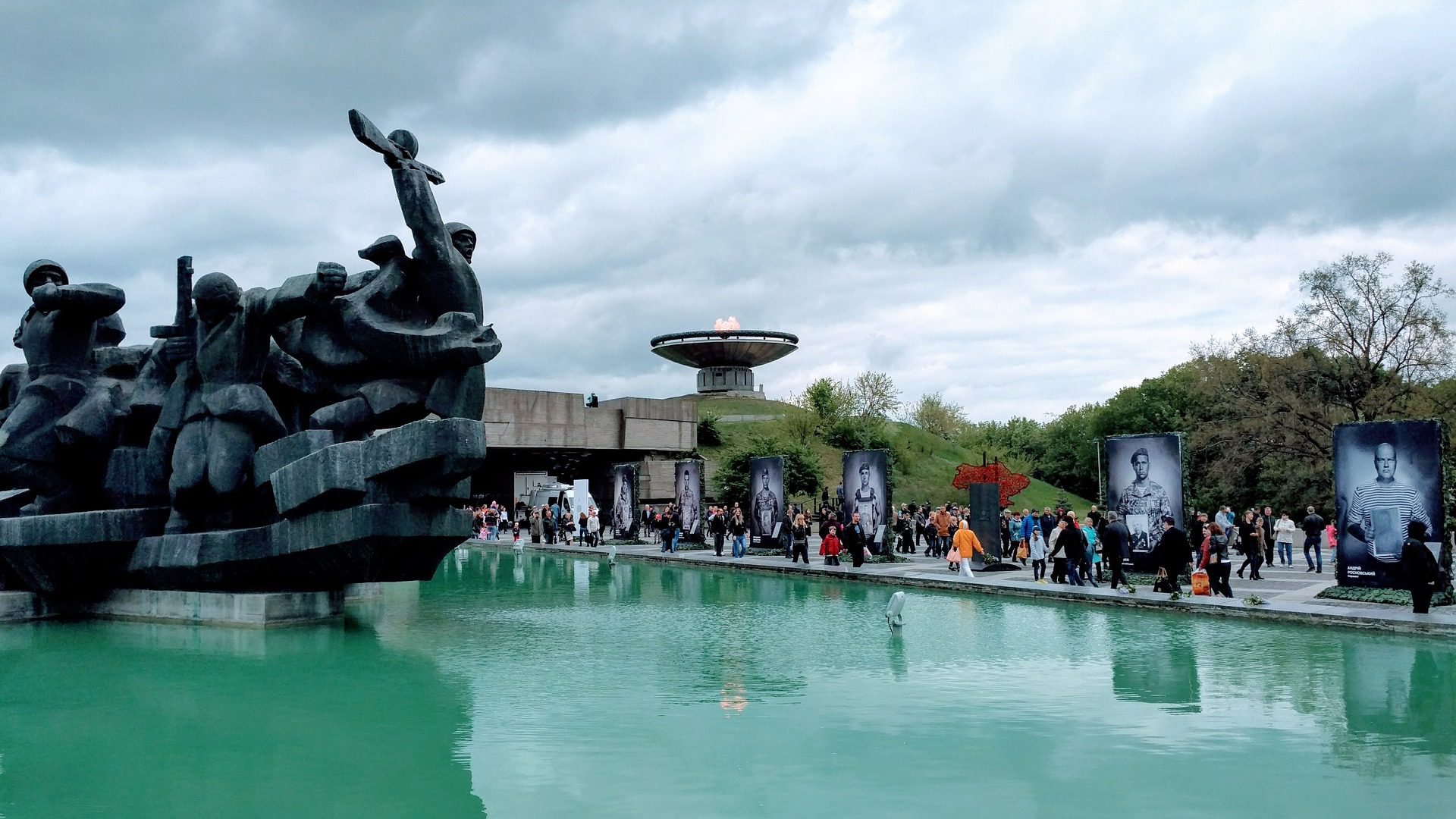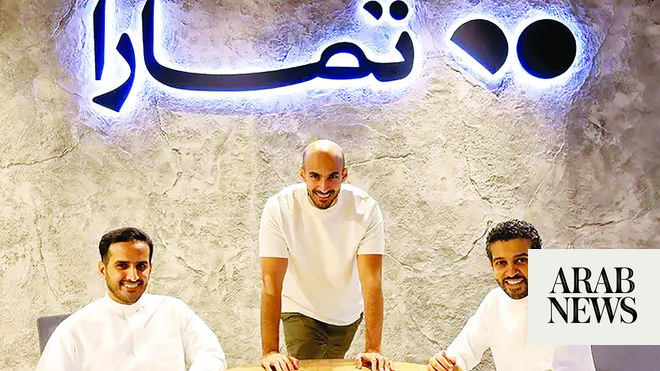
The eight-month-long war in Ukraine has been escalated recently by Russia’s annexation of four regions, Ukraine’s apparent response of blowing up a key bridge to Crimea as a countermeasure, Russia’s missile attacks on Kyiv and other cities. Both sides have closed their doors to negotiations, so the role of mediators is critical.
In these circumstances, the visit of UAE President Sheikh Mohammed bin Zayed Al-Nahyan to Russia this week was particularly promising. As professor of political science Abdulkhaleq Abdulla tweeted: “UAE President is the only world leader that can talk to President Putin to stop the drift to nuclear confrontation. He is doing it for peace, for Europe and for all of us. This is why he is (in) Moscow. It is consistent with UAE’s role as a peacemaker regionally and globally.”
There is substance to the words of Abdulla. Firstly, since Russia’s invasion of Ukraine in February, the UAE has kept a balanced stance over the war. Abu Dhabi’s election to the UN Security Council for 2022-2023 has been instrumental in this regard, as demonstrated by the UAE’s voting record. In March, the UAE abstained on a vote condemning Russia’s invasion, but it was one of 10 states on the 15-member UNSC to vote in favor of the text of a US-backed resolution condemning “illegal” Russian referendums conducted in Donetsk, Luhansk, Kherson and Zaporizhzhia.
Moreover, prior to February, relations between Russia and the UAE were solid. In 2020 alone, the UAE increased its trade with Russia by 78 percent year on year. Arguably, Western sanctions and the insecurity generated by the Ukraine war also boosted relations. For example, Russian property purchases in Dubai surged by 67 percent in the first three months of 2022. The UAE has strengthened its position as the most important Arab destination for Russian investments (involving more than 4,000 companies) and it is the largest Arab investor in Russia. While Sheikh Mohammed has maintained a dialogue with Putin, he also discussed peaceful solutions through dialogue and negotiations with Ukrainian President Volodymyr Zelensky several times in March.
By acting as effective policy entrepreneurs, small states can emerge as a leader or expert in a particular issue.
Dr. Diana Galeeva
At the same time as news of the meeting between Putin and Sheikh Mohammed began to circulate on Monday, the media also reported on a phone call between Zelensky and Qatari Emir Sheikh Tamim bin Hamad Al-Thani. The president of Ukraine stated that he: “Thanked (Sheikh Tamim) for the resolute support for the sovereignty and territorial integrity of Ukraine. Discussed further joint steps within the UN and other international platforms.” This represents an attempt by another Gulf leader to complete a peacemaking mission. This niche is not new for Qatar, which mediated in several conflicts between 2000 and 2011, including those in Yemen, Lebanon, Sudan, Palestine, Eritrea and Djibouti, while also being actively involved in the Afghan peace process.
Another member of the GCC family, Saudi Arabia, was last month involved in a successful prisoner exchange deal between Russia and Ukraine, alongside Turkey. This initiative reportedly came from Crown Prince Mohammed bin Salman, the new prime minister of the Kingdom, and dates back to April. This followed previous peace initiatives in being discreet, but differed to the Kingdom’s initiatives in Iraq, Lebanon, Palestine and Afghanistan, which were less personal in nature.
To sum up, mediation attempts have always been an effective tool in international diplomacy, especially by small and middle-sized powers. By acting as effective policy entrepreneurs, small states can emerge as a leader or expert in a particular issue. Norway is a striking example here for adopting conflict mediation as its niche diplomacy. With the Gulf states’ experience in previous mediation efforts and their existing constructive relationships with the parties involved, developing such niche mediation diplomacy may assist in finding resolutions to at least some aspects of this devastating war and breaking the cycle of violence.
Furthermore, international relations are in a very chaotic and challenging state. Long-term planning is required, but the circumstances require international leaders to think deeply while acting quickly. Swift policies, especially those stressing mediation and peacebuilding, will contribute to the development of Gulf Cooperation Council state branding, while also demonstrating once again that the modern world requires soft power initiatives, rather than hard power. Bringing both parties together to end this war might create new challenges, but the stakes are also high — saving the world from the potential nuclear threat, saving millions of civilians and bringing security, with the role of soft power uniting rather than destroying.
Dr. Diana Galeeva was an academic visitor to St. Antony’s College, Oxford University (2019-2022). She is the author of two books: “Qatar: The Practice of Rented Power” (Routledge, 2022) and “Russia and the GCC: The Case of Tatarstan’s Paradiplomacy” (I.B. Tauris/Bloomsbury, 2023). She is also a co-editor of the collection “Post-Brexit Europe and UK: Policy Challenges Towards Iran and the GCC States” (Palgrave Macmillan, 2021). Twitter: @diana_galeeva












